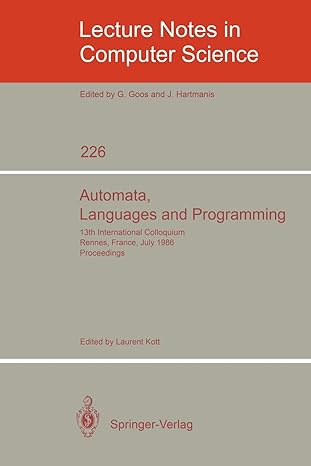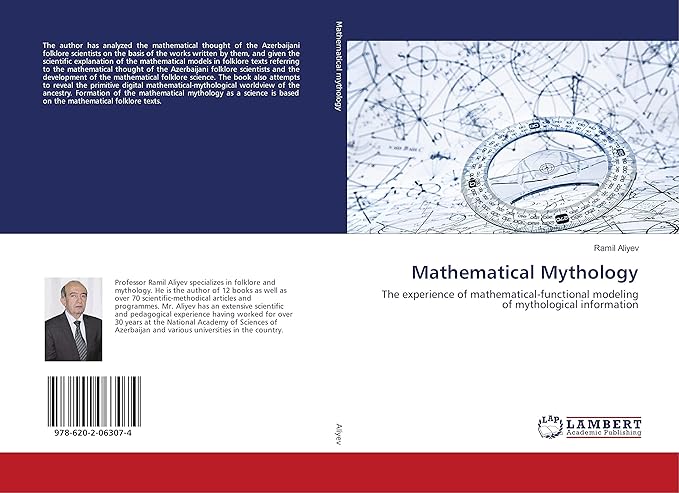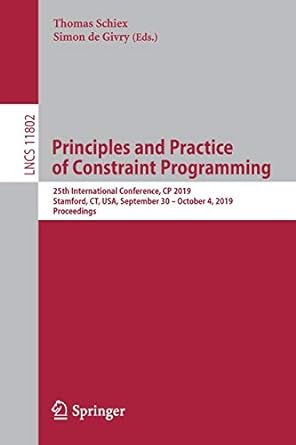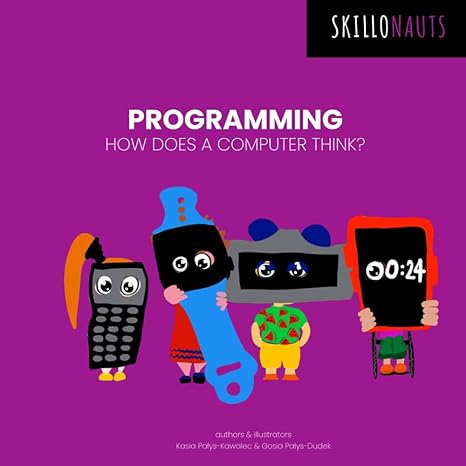Go back


Automata Languages And Programming 13th International Colloquium Rennes France July 15 19 1986 Proceedings LNCS 226(1st Edition)
Authors:
Laurent Kott

Cover Type:Hardcover
Condition:Used
In Stock
Shipment time
Expected shipping within 2 DaysPopular items with books
Access to 30 Million+ solutions
Free ✝
Ask 50 Questions from expert
AI-Powered Answers
✝ 7 days-trial
Total Price:
$0
List Price: $69.99
Savings: $69.99(100%)
Solution Manual Includes
Access to 30 Million+ solutions
Ask 50 Questions from expert
AI-Powered Answers
24/7 Tutor Help
Detailed solutions for Automata Languages And Programming 13th International Colloquium Rennes France July 15 19 1986 Proceedings LNCS 226
Price:
$9.99
/month
Book details
ISBN: 3540167617, 978-3540167617
Book publisher: Springer
Get your hands on the best-selling book Automata Languages And Programming 13th International Colloquium Rennes France July 15 19 1986 Proceedings LNCS 226 1st Edition for free. Feed your curiosity and let your imagination soar with the best stories coming out to you without hefty price tags. Browse SolutionInn to discover a treasure trove of fiction and non-fiction books where every page leads the reader to an undiscovered world. Start your literary adventure right away and also enjoy free shipping of these complimentary books to your door.
Book Summary: Characterizations of PUNC and precomputation.- Comparison of algorithms controlling concurrent access to a A combinatorial approach.- A new duality result concerning Voronoi diagrams.- Classification of all the minimal bilinear algorithms for computing the coefficients of the product of two polynomials modulo a polynomial.- On exponential lowness.- A tradeoff between search and update time for the implicit dictionary problem.- Intersections of some families of languages.- Correspondence between ternary simulation and binary race analysis in gate networks.- Counting with rational functions.- Finite biprefix sets of paths in a Graph.- Parallel RAMs with owned global memory and deterministic context-free language recognition.- A Strong restriction of the inductive completion procedure.- On discerning words by automata.- Complexity classes without On complete languages for UP.- Containment, separation, complete sets, and immunity of complexity classes.- On nontermination of Knuth-Bendix algorithm.- Tradeoffs for language recognition on parallel computing models.- Rational equivalence relations.- Some further results on digital search trees.- Knowledge, belief and time.- A termination detector for static and dynamic distributed systems with asynchronous non-first-in-first-out communication.- Decompositions of nondeterministic reductions.- Hierarchical planarity testing algorithms.- Synthesis and equivalence of concurrent systems.- The set union problem with backtracking.- Torsion matrix semigroups and recognizable transductions.- On recognizable subsets of free partially commutative monoids.- Min Cut is NP-complete for edge weighted trees.- Alternating automata, the weak monadic theory of the tree, and its complexity.- Subpolynomial complexity classes of real functions and real numbers.- Etude syntaxique des parties reconnaissables de mots infinis.- Refusal testing.- A timed model for communicating sequential processes.- A uniform reduction theorem extending a result of J. Grollmann and A. Selman.- On the complexity of deciding fair termination of probabilistic concurrent finite-state programs.- A new approach to detection of locally indicative stability.- A more efficient algorithm for lattice basis reduction.- Lower bounds by recursion theoretic arguments.- An improved algorithm for transitive closure on acyclic digraphs.- Un algorithme determinant les melanges de deux mots.- A very fast, practical algorithm for finding a negative cycle in a digraph.- A compositional reformulation of Owicki-Gries's partial correctness logic for a concurrent while language.- Semigroups and languages of dot-depth 2.- A parallel vertex insertion algorithm for minimum spanning trees.- More complicated questions about maxima and minima, and some closures of NP.- Lower bounds for dynamic range query problems that permit subtraction (extended abstract).- E-unification algorithms for a class of confluent term rewriting systems.- On fixed-point clones.
Customers also bought these books
Frequently Bought Together
Top Reviews for Books
Muhammed shafiqi
( 4 )
"Delivery was considerably fast, and the book I received was in a good condition."










